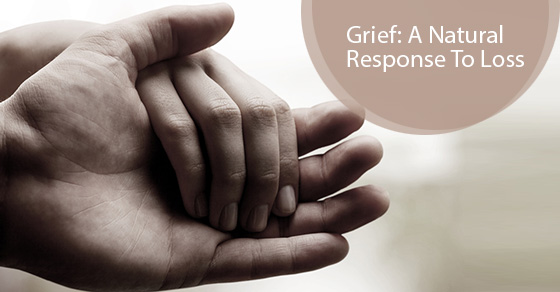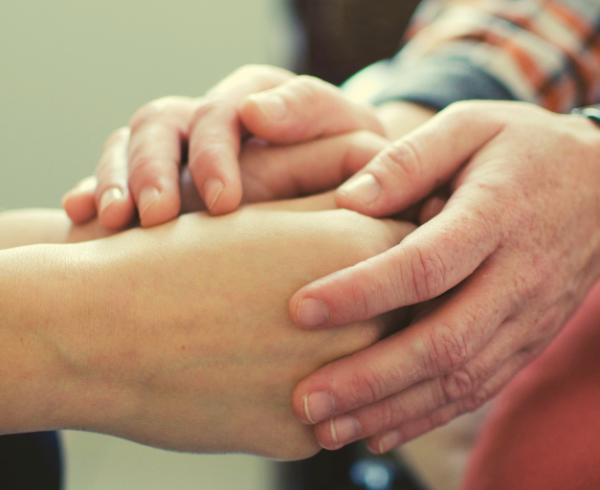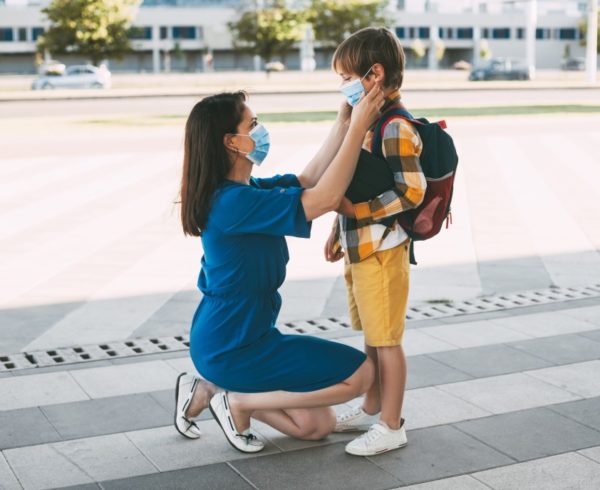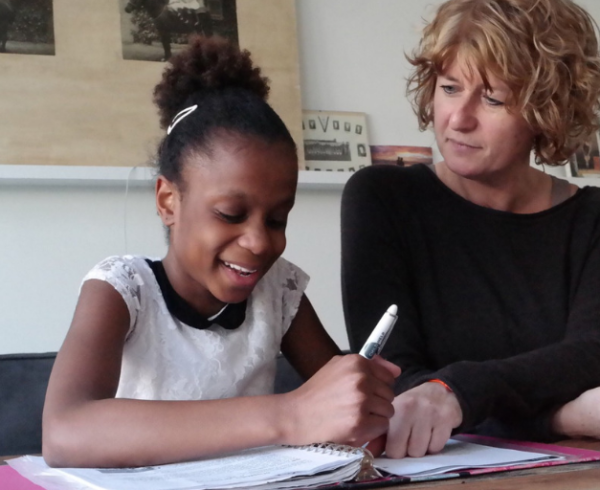Grief is a normal, universally experienced reaction to loss. A person who is grieving can experience a myriad of difficult emotions, which at times can be overwhelming and seem never-ending. The most intense grief is often caused by the death of a loved one; however, any loss can elicit grief (e.g., the dissolution of a relationship, loss of health, job loss or retirement, loss of financial stability, death of a pet, etc.). Common symptoms of grief include shock and disbelief, sadness, guilt, anger, and fear. Grief can also manifest itself in physical symptoms, such as insomnia, loss of appetite, fatigue, aches and pain, and lowered immunity. While grief is a common reaction to loss, it is also a highly individual and personal experience. The grief experience is shaped by many factors, such as the nature of the loss, the relationship with the person who passed away, the mourner’s mental health and coping style, religion and faith practices, and the amount of available support. (Smith & Segal, 2016).

Complicated Grief
During bereavement, the person moves towards accepting the loss, which happens gradually and cannot be forced or hurried. There is no “normal” timeline for the healing process; progress may take several weeks or several months. While there is no right or wrong way to grieve, research has shown that there are patterns of grief that are different from the most commonly observed ones. In a normal grief reaction, as time passes, grief symptoms tend to occur less frequently and decrease in intensity. In a complicated grief reaction, the presence of grief symptoms is constant, and their intensity does not abate with time. It is like being stuck in a “constant, heightened state of mourning” that impedes healing. Some signs of complicated grief include (Mayo Clinic, 2014; Smith & Segal, 2016):
- Intense longing and yearning for the person who passed away
- Intrusive thoughts or images, and intense sorrow and pain at the thought of the loved one
- Problems accepting the death, denial or sense of disbelief
- Extreme focus on or excessive avoidance of reminders of the loved one
- Emotional detachment, numbness
- Extreme anger or bitterness over the loss
- Feeling that life is empty, meaningless, or has no purpose
- Significant disruptions to daily routine and negative impacts on other relationships
When to seek help…
In most cases, many bereaved people are able to work through their grief and recover. Research has shown that the prevalence of complicated grief after major bereavement in a general sample was approximately 4% (Kersting, Brähler, Glaesmer, & Wagner, 2011). In cases like this, complicated grief treatment may be needed and beneficial for the healing process. A grief counselor or therapist should be contacted if some of these signs are present (Mayo Clinic, 2014; Smith & Segal, 2016)
- Feeling like life is not worth living
- Wishing that you had died with your loved one
- Losing your sense of purpose
- Experiencing guilt or self-blame for the loss
- Experiencing depression
- Feeling numb and disconnected from others for more than a few weeks; Withdrawing from social activities
- Having significant difficulty performing normal daily activities
Recognizing the signs of complicated grief is essential to the early implementation of interventions that can help a person get back on the road to healthy grieving and healing.
References
Kersting, A., Brähler, E., Glaesmer, H., & Wagner, B. (2011). Prevalence of complicated grief in a representative population-based sample. Journal of Affective Disorders, 131, 339 – 343. DOI: http://dx.doi.org/10.1016/j.jad.2010.11.032
Mayo Clinic (2014, September). Complicated Grief. Retrieved from http://www.mayoclinic.org/diseases-conditions/complicated-grief/basics/definition/con-20032765
Smith & Segal (2016, July). Coping with grief and loss. Retrieved from http://www.helpguide.org/articles/grief-loss/coping-with-grief-and-loss.htm










Recent Comments